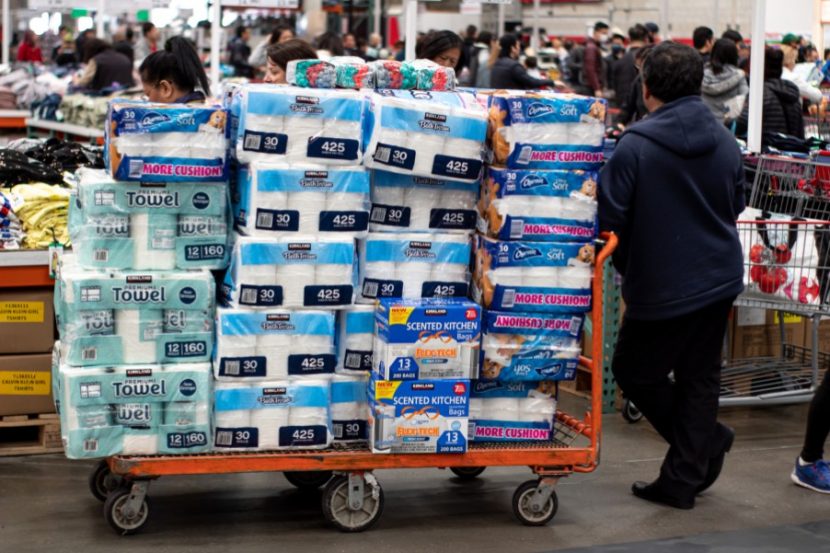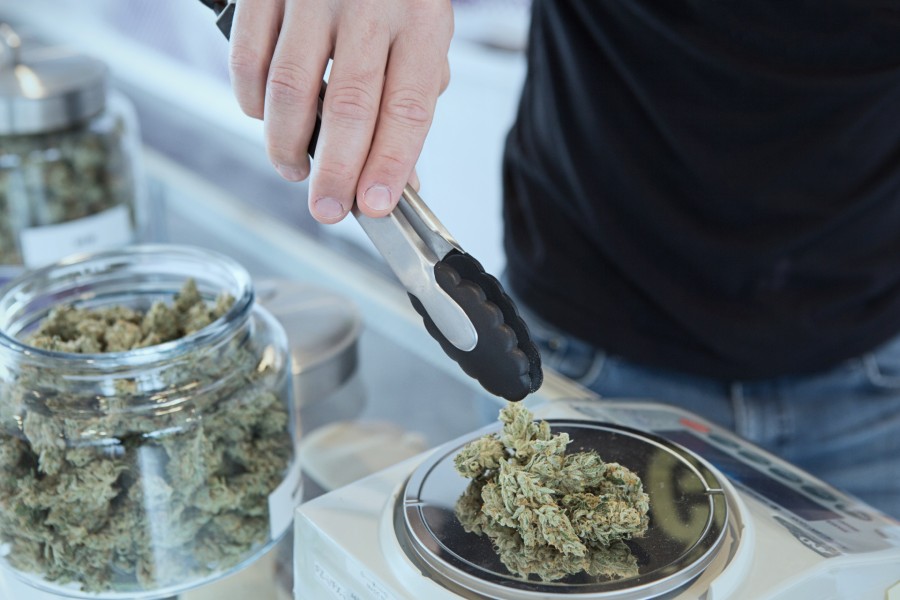It’s Time to Legally Define Essential Workers
By Susie Hoeller and Ben Theyerl
On January 30, 2020, the World Health Organization (WHO) declared the coronavirus (COVID-19) a global health emergency after the virus spread from its origin in Wuhan, China. U.S. President Donald Trump issued a national emergency proclamation on March 13, 2020. Since public health is primarily a state responsibility, governors issued “stay at home” orders, travel restrictions and quarantines to slow the spread of the virus. Essential businesses and their workers were exempted from these measures.
Prior to this pandemic, the concept of “essential work” was not at the forefront of public consciousness or concern. This lack of attention is not surprising because our society has taken essential workers for granted over the years. Why? Because in most areas of our country, most of the time, things run smoothly – hospitals treat patients, police patrol, firemen put out fires, the electricity comes on and the grocery stores are fully stocked.
Today, there is no U.S. statutory definition of occupations which are deemed to be “essential.” During the pandemic, this lack of statutory definition has led to a confusing situation in which 50 state governors have issued divergent (and sometimes controversial) definitions of essential work. When the grocery store shelves quickly emptied due to panic buying in March and April 2020, causing shortages, especially of meat and poultry, many Americans started worrying about the food supply for the first time in their lives.
The image of the meat industry has taken a big hit because of the publicized outbreaks at plants.
Examples Worth Noting
One example that should be highlighted is that of Public Safety Canada, a federal government agency which issued a “Guidance on Essential Services and Functions in Canada During the COVID-19 Pandemic.” Annex A to the document provides a comprehensive list of food industry occupations covering workers in agriculture and food processing, food safety, food transportation, distribution, retail stores, veterinary medicine and food equipment manufacturing.
Another international example worth noting includes that of New Zealand, a producer and global exporter of high-quality food and beverage products. Its law explicitly recognizes that the country’s dairy and meat production are essential services, which mitigates confusion around essential work.
Protecting the Essential Food Workers
Defining the categories of essential food workers is an easier task than legislating appropriate protections, since the food industry is so large and so diverse. The current laws in the United States place responsibility on employers to implement protections for workers. For example, in the “America’s Dairyland,” Wisconsin, employers are required to furnish places of work that are “safe for employees,” along with safe working conditions.
During the pandemic, the meatpacking industry generally did not pro-actively protect its workers from contracting the virus. A report from the CDC found that 4,913 cases of COVID with 20 deaths occurred in meat processing plants during the month of April.
The numbers are even more stark when you consider their concentration in local communities. At one pork processing plant operated by Tyson in Storm Lake, Iowa, for example, 591 of the plant’s 2,300 workers tested positive for coronavirus. In Buena Vista County, where that plant is situated, the majority of the 852 cases were a rural county of only 19,000 people.
Safety precautions like PPE, plastic dividers and slowing down lines so workers could be socially distanced did not happen quickly enough. In March 2020, U.S. government agencies were already publishing guidelines for the industry on how to protect workers with measures that included using PPE, installing plastic dividers between workers, slowing down production lines and improving availability of disinfectant. Unfortunately, due to these delays, there will be many lawsuits filed and financial losses. But that does not bring back the workers who have died or lessen the pain that will be endured by those who suffer serious long-term health complications from the virus. The image of the meat industry, already under pressure from climate change, animal rights, and immigrant rights activists, has taken a big hit because of the publicized outbreaks at plants.
It is disappointing that industry players have not implemented pro-active plans for dealing with highly contagious viruses, especially given that in recent years the industry has seen other contagious diseases such as the H1N1 flu. If plants early on, had reconfigured production lines to allow for the social distancing of employees, this would have only slowed down production. Instead, production in many plants had to be halted entirely because both sick and fearful workers could not, and did not, come to work.
Unfortunately, the food supply is still at risk in many places. The definition of essential workers needs to be codified and new protections for those workers need to be enacted to protect workers and supply chains.
About the Author:
Susie Hoeller is an international business attorney currently based in Tampa, Florida. She counsels companies, including food companies on regulatory compliance and negotiates contracts and intellectual property licenses. Ms. Hoeller was raised in Montreal, Quebec. She is a graduate of Vanderbilt Law School and holds law licenses in five states. For more information: see, www.hoellerlaw.com.
Ben Theyerl is a 2020 graduate of Colby College in Waterville, Maine where he majored in English and Educational Studies with a minor in Environmental Studies. Ben is a native of Eau Claire, Wisconsin and a Nordic ski racer.

-
 FeaturedRisk management
The Cost of a Breach: What a Cyberattack Could Mean for Food Safety Recalls
FeaturedRisk management
The Cost of a Breach: What a Cyberattack Could Mean for Food Safety Recalls
-
 FeaturedRisk management
Securing the Food Chain: How ISO/IEC 27001 Strengthens Cybersecurity
FeaturedRisk management
Securing the Food Chain: How ISO/IEC 27001 Strengthens Cybersecurity
-
 FeaturedRisk management
Revolutionizing Food Safety Training: Breaking Out of the “Check-the-Box” Mentality
FeaturedRisk management
Revolutionizing Food Safety Training: Breaking Out of the “Check-the-Box” Mentality
-
 GFSI Standards
GFSI 2025: Building Trust, Tech-Forward Solutions, and Global Unity in Food Safety
GFSI Standards
GFSI 2025: Building Trust, Tech-Forward Solutions, and Global Unity in Food Safety
-
 FeaturedFood Safety
Integrated Pest Management: Strategies to Protect Your Brand’s Reputation
FeaturedFood Safety
Integrated Pest Management: Strategies to Protect Your Brand’s Reputation
-
 FeaturedFood Safety Culture & Training
No Open Door Policy: Challenges That Impact Pest Control in Food Processing Plants
FeaturedFood Safety Culture & Training
No Open Door Policy: Challenges That Impact Pest Control in Food Processing Plants




